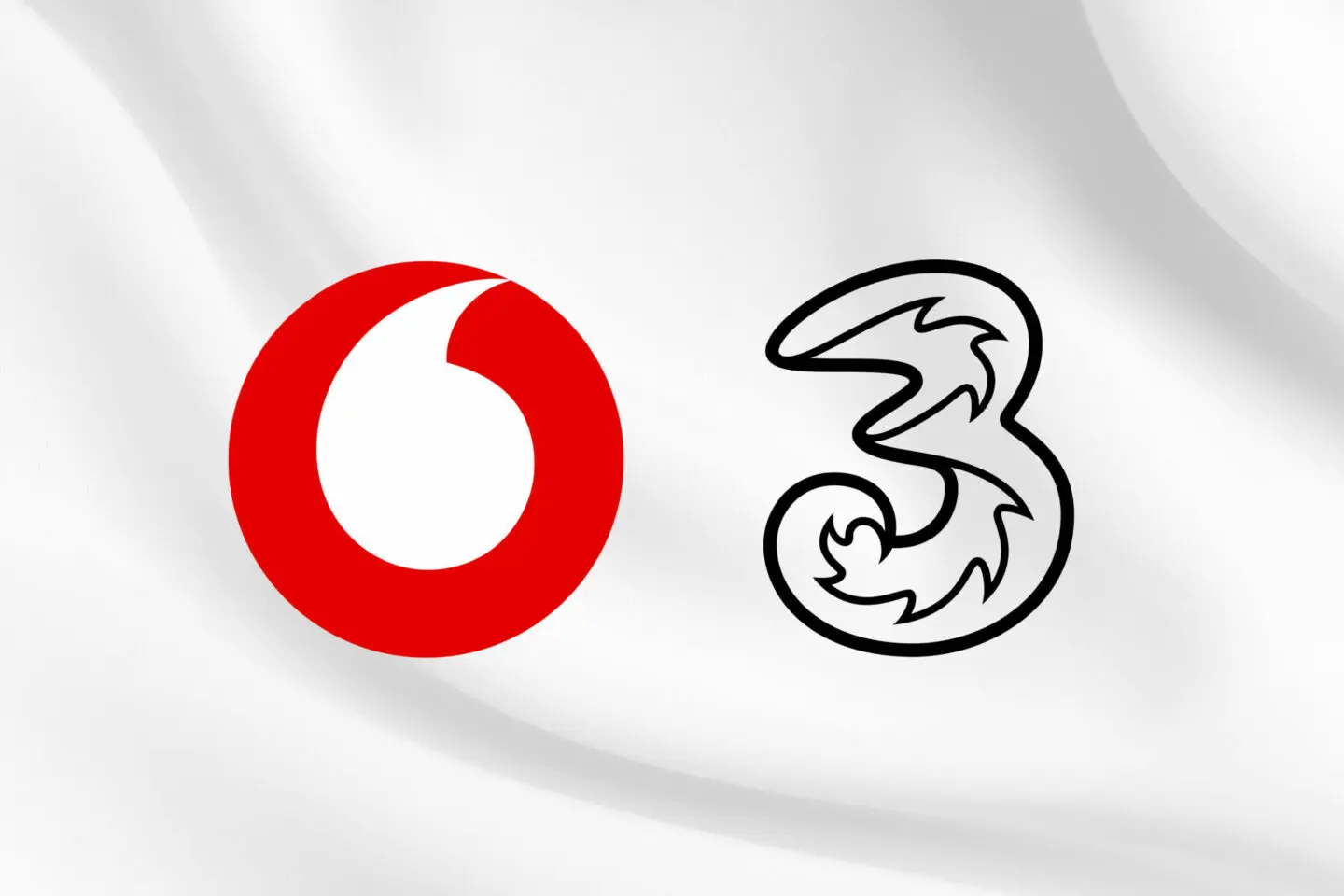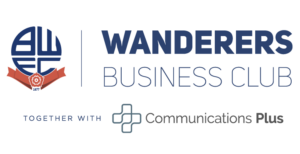The telecom industry is still processing the news of a potential Vodafone and Three merger. However, the deal is still pending regulatory approval, and there is a precedent for authorities rejecting such large-scale consolidation.
In 2016, the European Commission blocked the acquisition of O2 by Hutchison due to concerns about reduced customer choice, higher prices, and potential harm to innovation in the mobile sector.
The launch of 5G has regulators considering the scale needed by carriers to generate sufficient returns on their capital. However, there’s also government resistance against telecoms infrastructure ownership by Chinese companies. The National Security and Investment Act gives the state the authority to intervene and reject the deal.
The deal is “poised on a knife edge and is too difficult to call either way,” says Kester Mann of CCS Insights. Sarah Cardell, the new CEO of the Competition and Markets Authority (CMA), recently rejected the idea that her body has been overly interventionist in blocking deals.
Erhan Gurses, Equity Research Analyst at Bloomberg Intelligence, believes the push for consolidation is seen as positive for the broader industry. However, the question remains whether it will receive antitrust approval. The CMA may consider striking a delicate balance between the sector’s investment requirements for 5G roll-outs and consumer welfare.
Paolo Pescatore of PP Insight believes the deal will be a hard sell given that both companies have been outperforming the market for the last year or so. Both parties need to demonstrate that this is genuinely in the interest of UK plc, the economy, and consumers for it to have a chance of getting over the line.
The deal represents the biggest shake-up in the UK mobile market for over a decade. The deal makes sense as both providers are sub-scale. As separate entities, it would have been near impossible for either to grow enough organically to challenge BT or Virgin Media O2 for size. However, there will be widespread fears over job cuts.
An £11 billion network investment plan will seek to allay regulatory concerns. But this deal will still face a major challenge to win approval. The prospect that the deal leads to higher prices will be a major concern for the CMA. Vodafone and Three may have shot themselves in the foot by recently hiking tariffs by up to 14.4 per cent.
The recent appointment of Margherita Della Valle as Vodafone group CEO will give added impetus to the deal. She has shown clear intent to make changes at Vodafone as she bids to turn the embattled company’s performance around. Securing approval for a tie-up with Three would be a major boost to her early tenure.
Pescatore thinks the security issues regarding China will be dealt with and overcome. Hutchison already has an extensive presence in the UK, but this should be seen as a gradual exit from the telecoms market. Having the current Vodafone UK CEO heading up the new operation is a testament to this belief. His considered approach will resonate with key stakeholders and improve any chance of getting the deal over the line.
Dan Ridsdale, Director of Technology Media and Telecoms, at Edison Group, said Vodafone’s statement read like an overt pitch to convince the CMA, Ofcom, press etc that there would be benefits for customers, country and competition, before looking at deal synergies.
The telecom industry is on the edge of its seat as it awaits the decision on this monumental merger. Will it be a go or a no-go? Contact us today to share your thoughts or concerns and let our team of mobile experts answer any questions you may have!
#VodafoneThreeMerger #TelecomIndustry #5G










